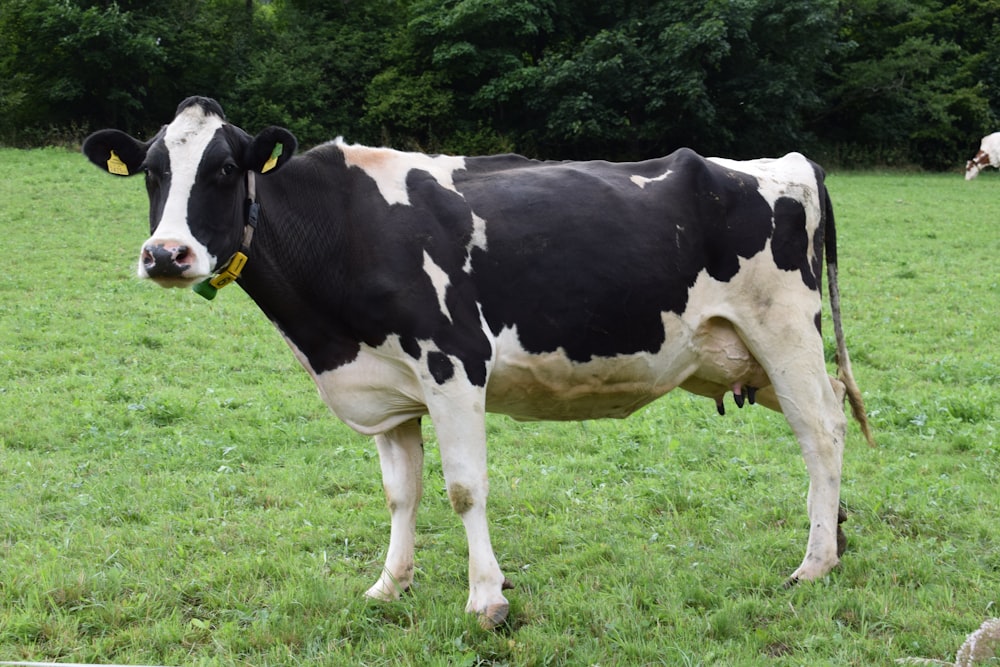The Latest Methane Agreement at COP28 Is “A Smokescreen”
This weekend's voluntary pledge by oil and gas companies is a distraction. It also misses the biggest source of methane emissions.

Over the weekend, COP President Sultan Al-Jaber announced one of his signature agreements at this year’s big climate conference.
As AP reports, “Fifty oil companies representing nearly half of global production have pledged to reach near-zero methane emissions and end routine flaring in their operations by 2030.”
Environmental Defense Fund President Fred Kupper, said it “could be the single most impactful day of announcements from any COP in my 30 years at the Environmental Defense Fund.”
Tackling methane emissions is no doubt a good thing. As I wrote earlier this year, curbing methane emissions is one of the most effective ways to limit warming. But this announcement was mostly smoke and mirrors.
The first problem with the pledge is that it’s just that—a pledge. There are no teeth, no laws that will hold these oil companies’ feet to the fire. If they decide after a few years that cutting methane emissions is too expensive or distracting from their actual legally binding mandate of maximizing shareholder value, they can pivot.
You might be thinking that’s overly cynical. Companies that signed onto the agreement like ExxonMobil, Saudi Aramco, and COP President Al-Jaber’s own Adnoc are upstanding corporate citizens who have always stuck to their pledges and have never lied to the public.
Ok, none of you are thinking that. But here’s what EDF’s Kupper said when PBS’ John Yang pressed him on the lack of teeth in the agreement:
Well, I think it's good to be skeptical of pledges at the COP. A lot of pledges that have been made at this Conference of the Parties year after year aren't delivered on. In this particular pledge, we structured it to have accountability built in. So the oil and gas companies are agreeing to report their emissions by monitoring them and then sending them to an international independent third party.
This shouldn’t give anyone confidence though. Oil and gas companies have been reporting on their carbon emissions for many years now. And it’s no secret that these emissions are only rising. Still, they remain largely unregulated and left to pollute as they please. Why should methane reporting be any different?
These companies also have a terrible track record when it comes to making good on their climate pledges. Over the last 5 years, fossil fuel companies like BP, Shell, and ExxonMobil all announced voluntary pledges to go net-zero and invest in low-carbon technologies. Then one by one they all walked back these pledges.
Even if fossil fuel companies could be trusted to make good on their promises, the methane agreement would still have its problems.
In order to limit warming and avoid climate disaster, we need to do more than just stop methane from leaking out of pipelines, coal mines, and oil wells. We need to stop producing these fossil fuels entirely.
In response to Al-Jaber’s methane agreement, a group of 350 environmental groups and other nonprofits issued a statement saying that the pledge was a “smokescreen to hide the reality that we need to phase out oil, gas and coal.”
It’s not just fossil fuels we need to phase out to limit warming, however. 40% of methane emissions come from animal agriculture. Within that sector, the big driver of methane emissions is meat and dairy production. But for years, meat and dairy producers have lobbied to exclude this leading source of emissions from the conversation.
In 2021, more than 100 nations agreed to cut methane emissions at COP26. But due to intense lobbying by beef companies, the text of the pledge only made concrete demands of the energy and waste sectors; there was no mention of the largest source of anthropogenic methane emissions: agriculture. This year’s agreement was no different.
Still, there has been progress in the effort to reduce methane emissions. Over the weekend, the U.S. EPA finalized rules that will cut methane emissions from oil and gas production by 80% by 2030. Last month, the EU announced a similar set of regulations. Neither regulation relies on the goodwill of oil and gas companies; unlike pledges, the laws are legally binding.
Neither law is enough. Neither does anything about the elephant—er, the one billion methane-belching cows—in the room. But it’s a start.
Read more about methane and support my work
If you want to learn more about the largest sources of methane and what we need to do to cut these greenhouse gas emissions, check out my methane explainer from earlier this year.
If you’d like to support my reporting, consider signing up for a paid subscription by clicking the button below. For $5 per month, you can help make these stories possible.

